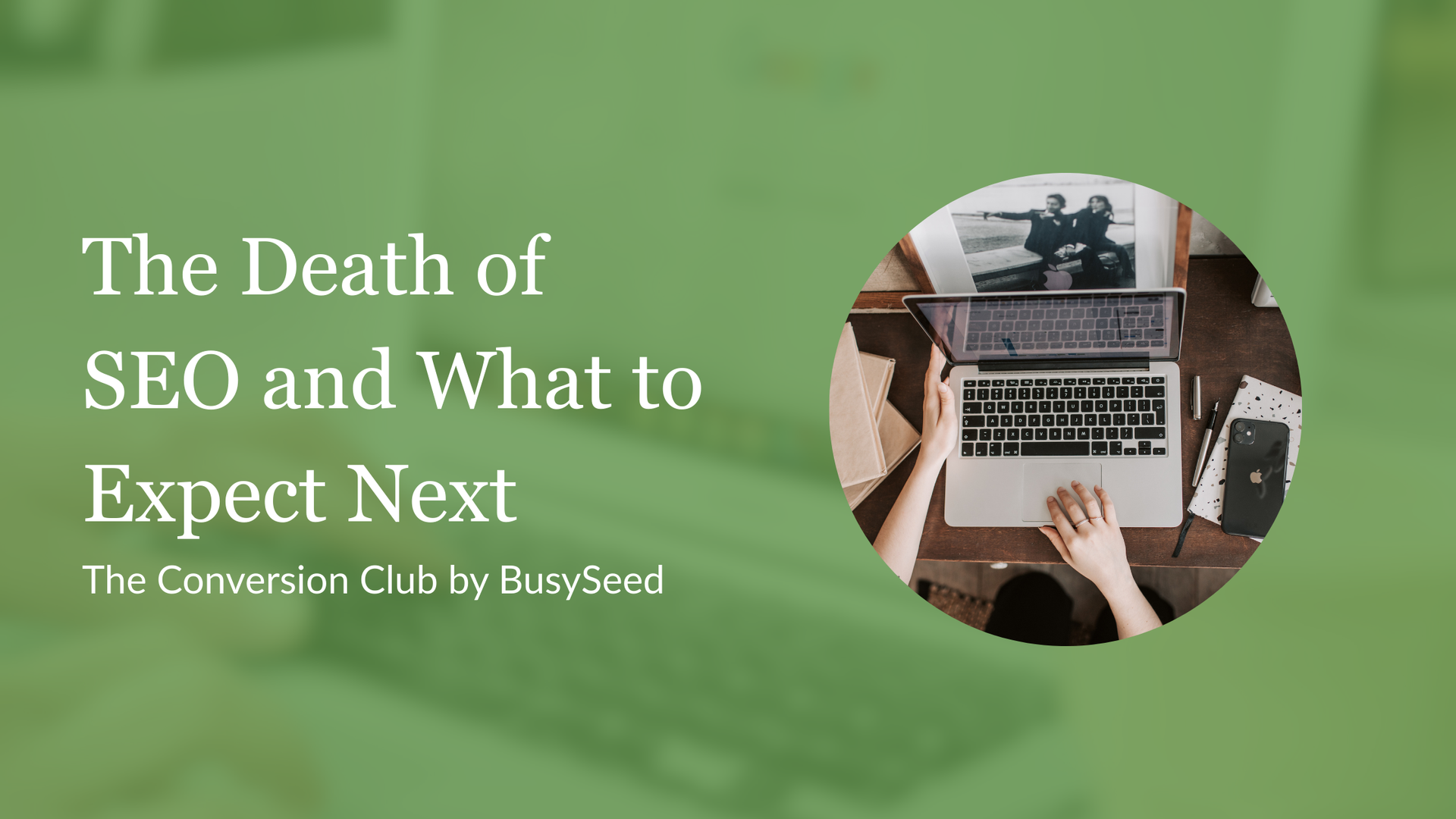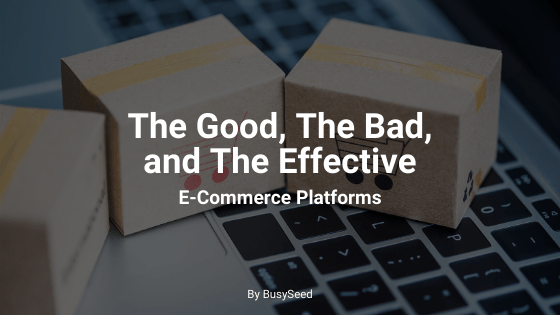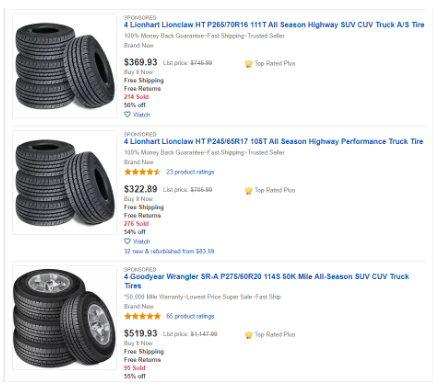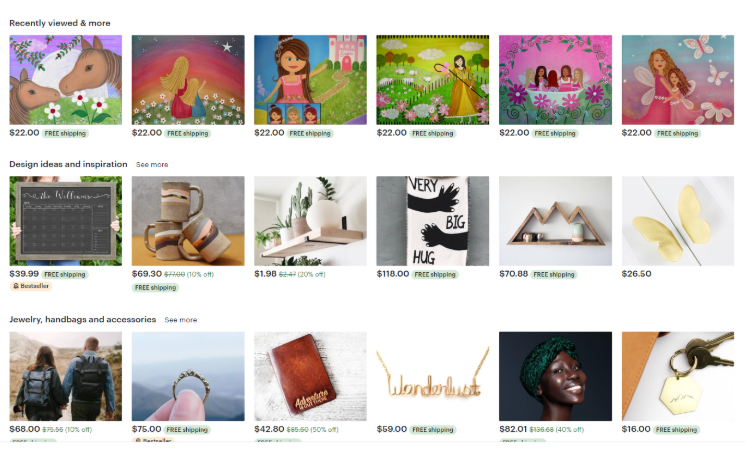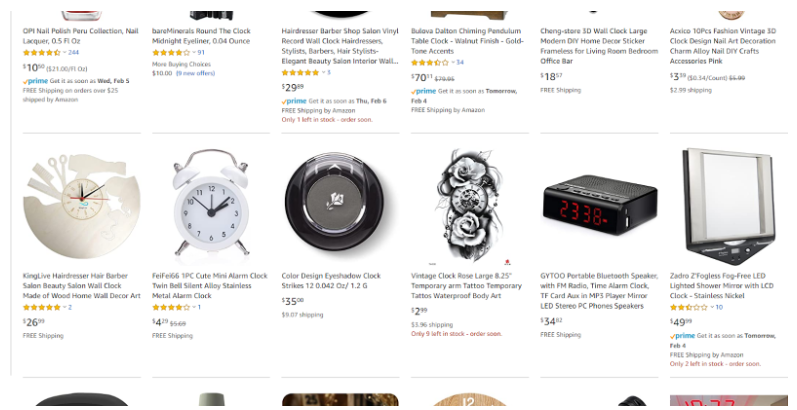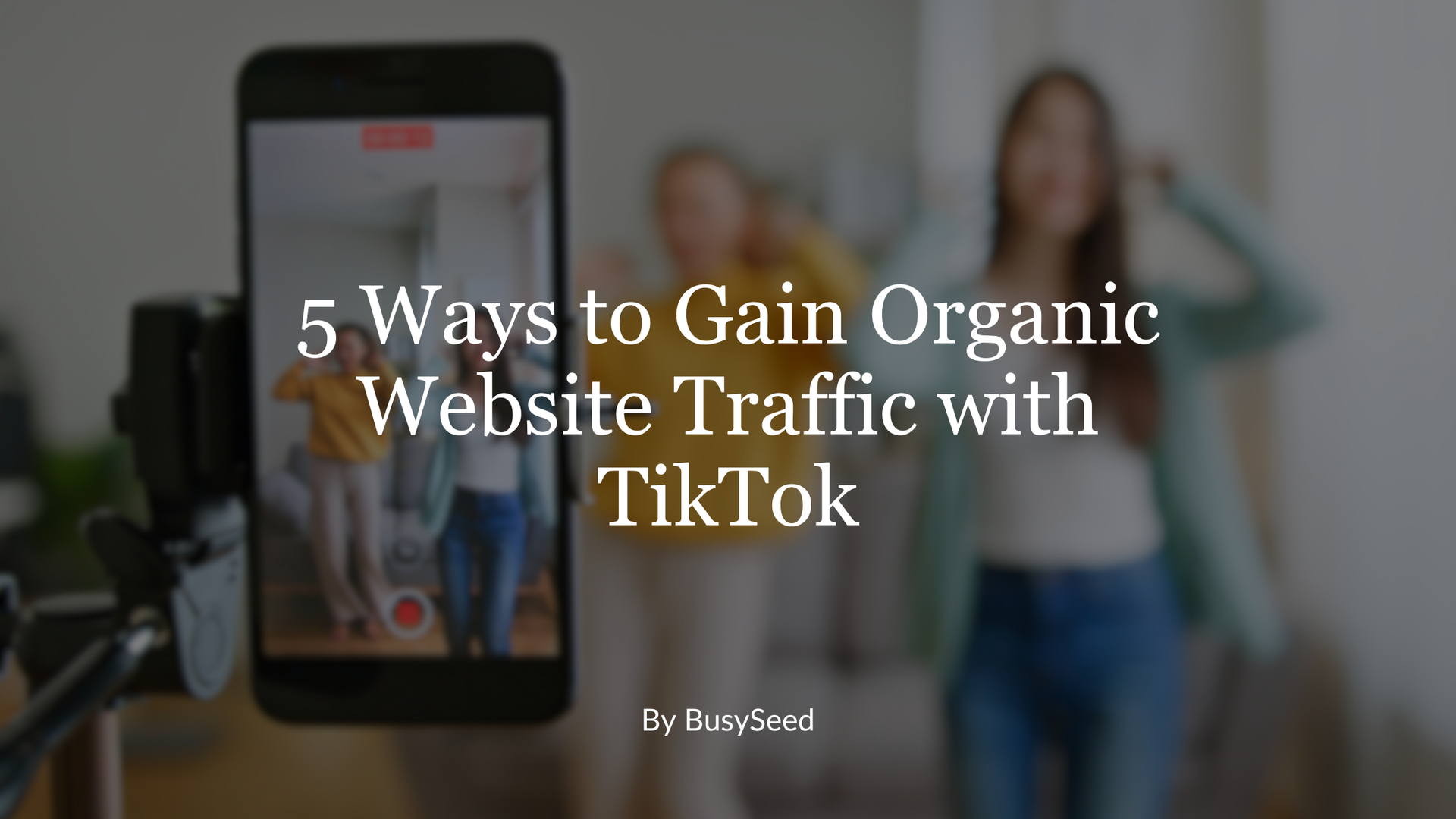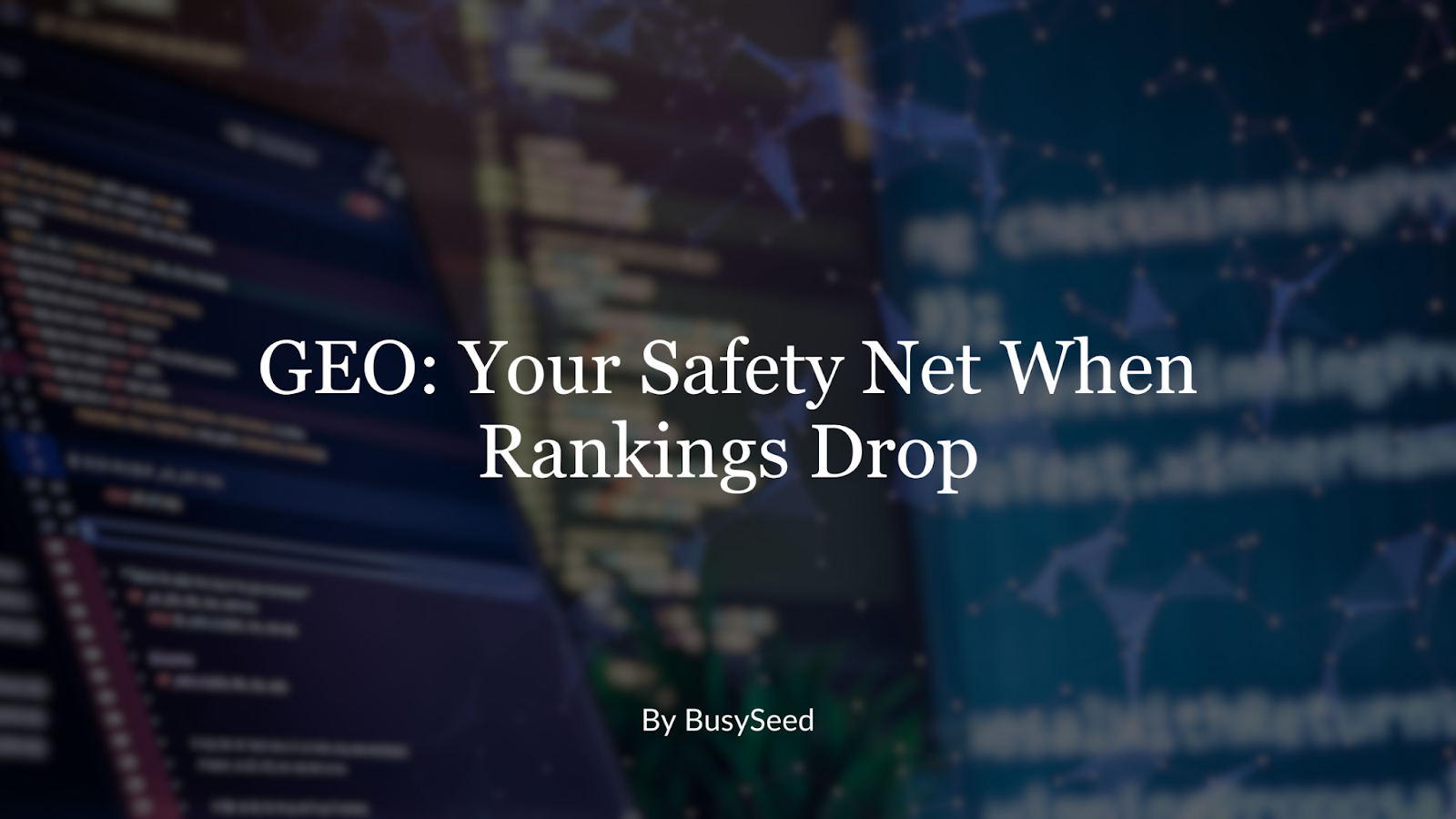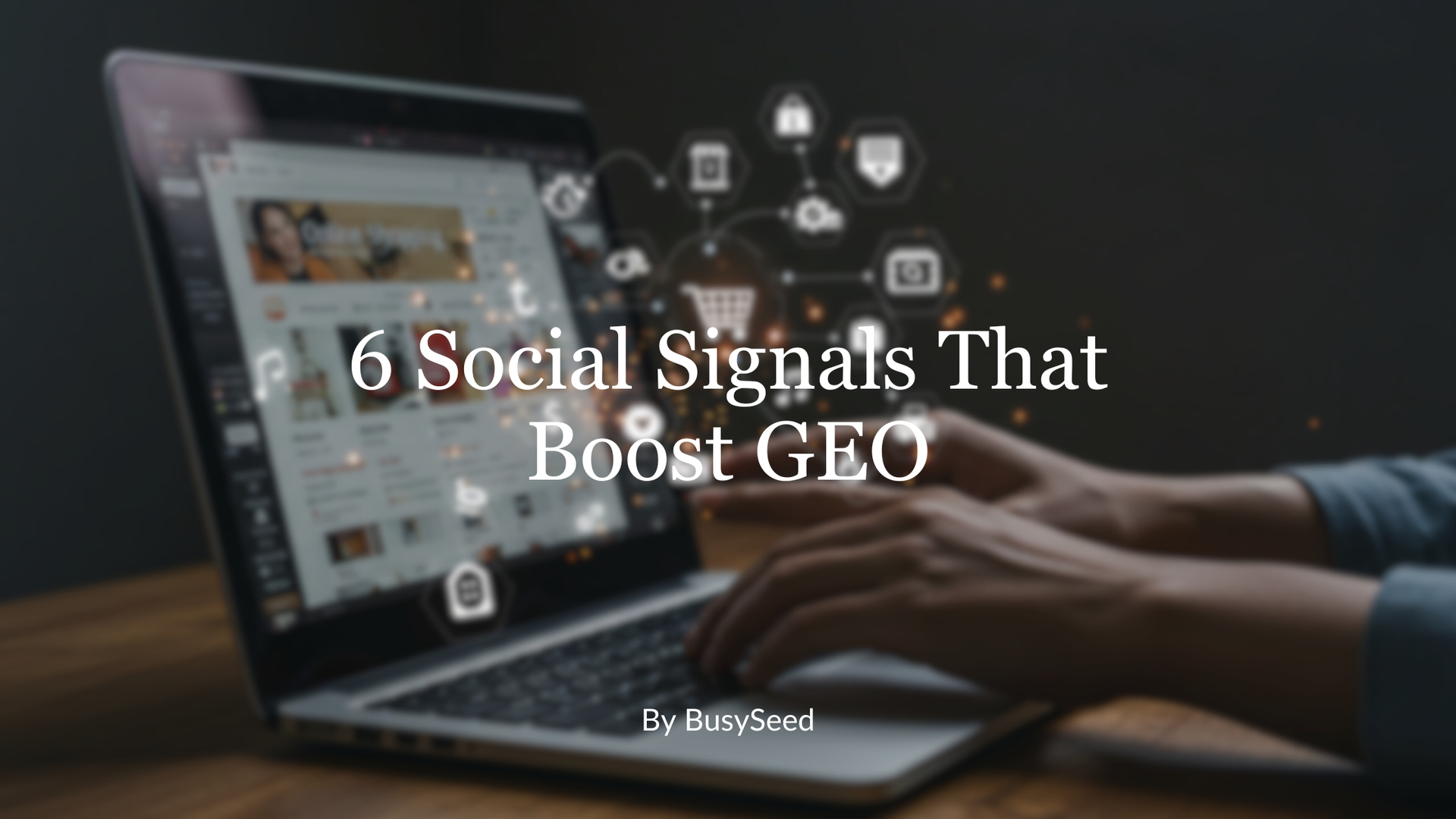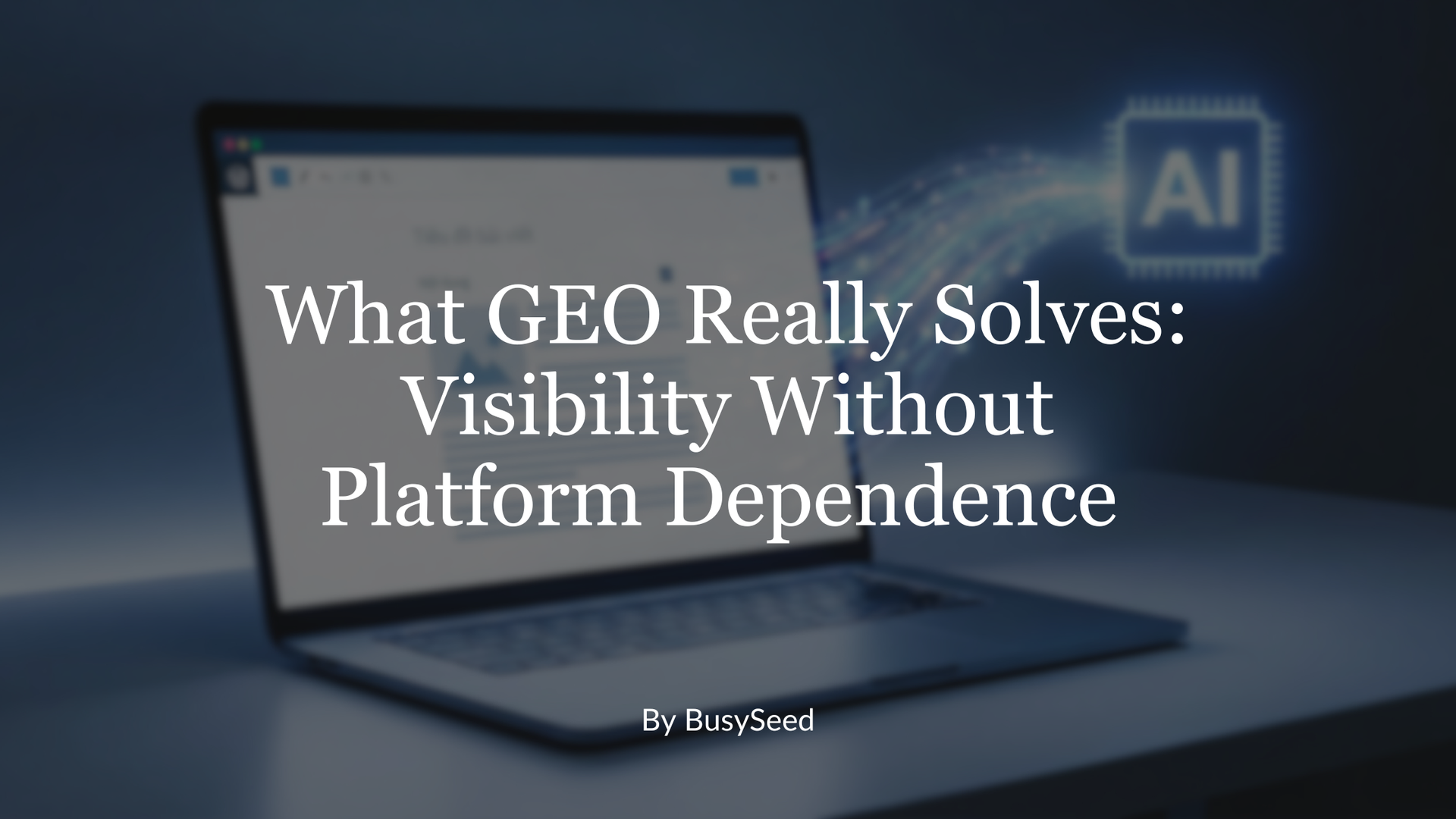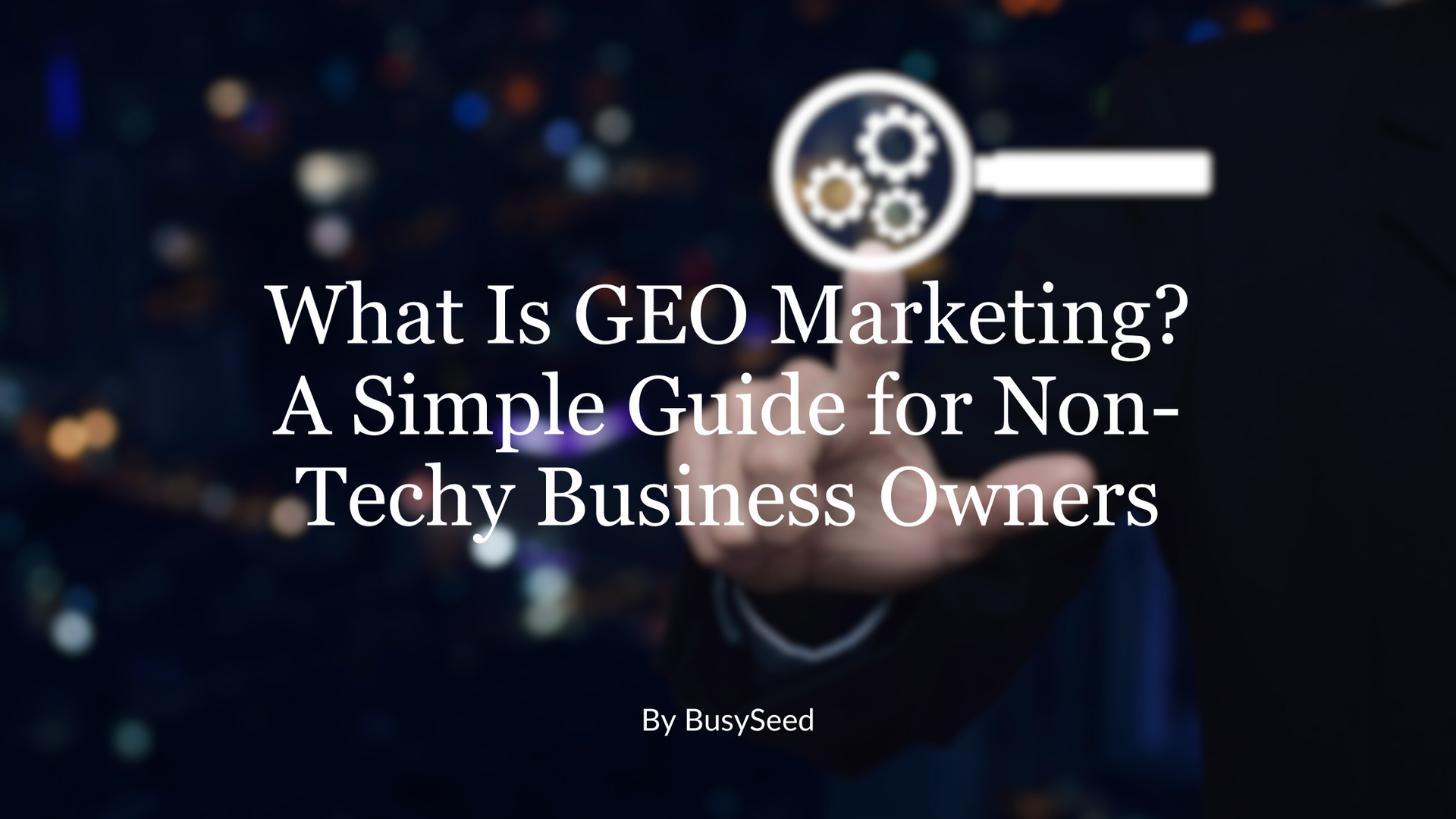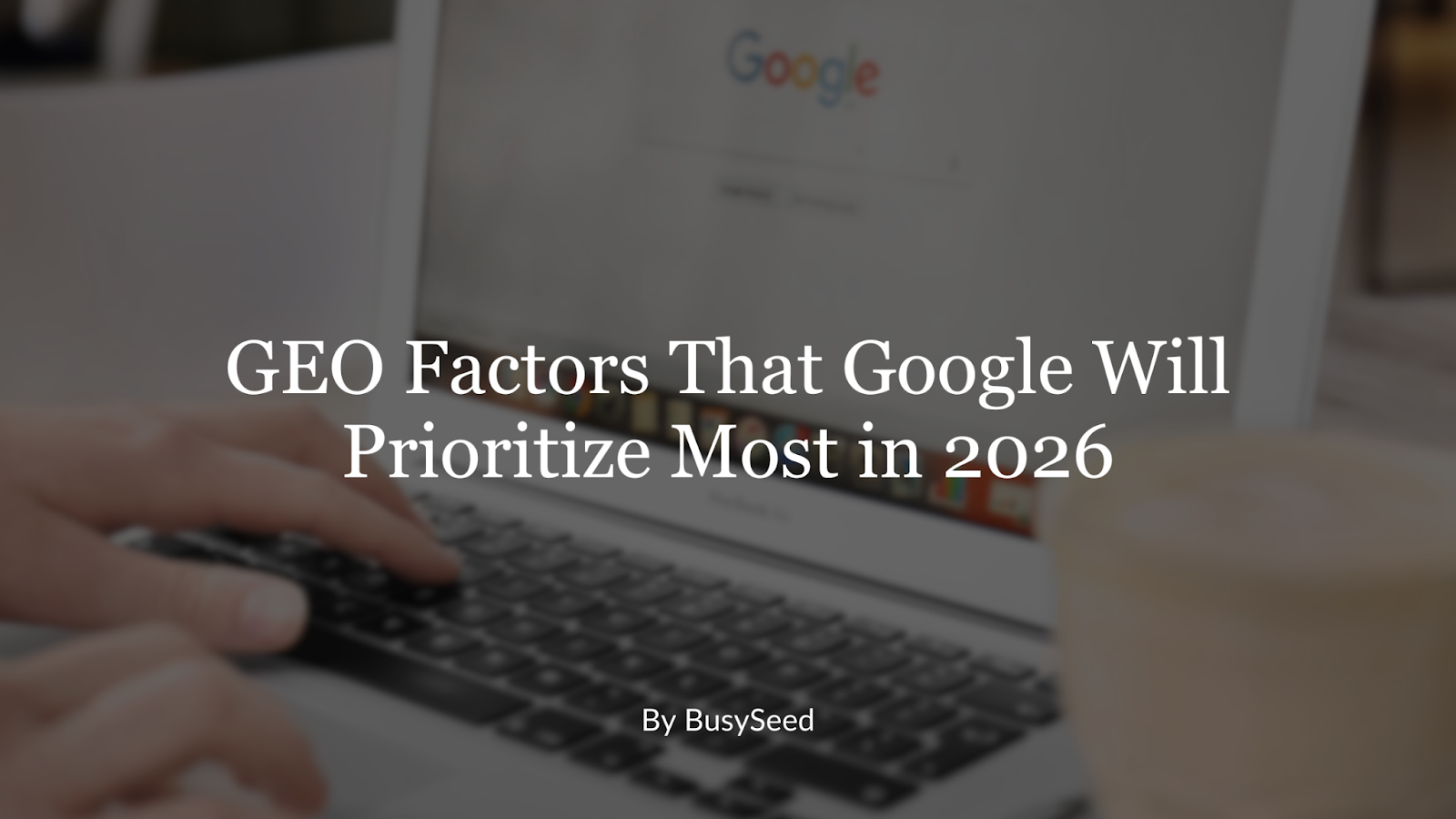The Good, The Bad, and the Effective: E-Commerce Platforms
There are many, many options out there for e-commerce platforms. What are the pros and cons of each and which is the most effective? Let’s crack into it.
E-Commerce is a booming business at the moment and it makes perfect sense. Consumers don’t want to take time out of their already busy day to go to a brick and mortar location to find what they need. Instead, they pull up a search engine on their phone, tablet, or laptop and make a purchase at the touch of a button. If e-commerce is such a popular industry, why do some companies thrive while others fail and are forced to close down? Many factors come into play including the product you are offering, the price point, and your marketing skills, but many times it can boil down to the e-commerce platform you choose to utilize. Let’s take a deeper dive into what some of the most popular platform options are as well as where they succeed, where they fall short, and how effective they are.
Shopify
Shopify is one of the best e-commerce platforms available at the moment. As with any platform, there are usual issues and complaints, but for the most part, Shopify kills it with providing users everything they need to create a stunning website and easy-to-use e-commerce store.
Pros:
-
Allows you to create a fully-realized, stand-alone website that can sell your product from it directly.
-
Great for dropshipping because there are no transaction fees with Shopify Payment.
-
Membership starts at just $29 per month
-
There are optional reporting tools that can be used to track results.
-
Shopify comes with pre-set themes that can then be customized to better suit your product and brand.
-
There is an Abandoned Cart Recovery tool on Shopify.
-
Top-notch blogging/SEO capabilities.
-
Clean design and layout options
-
A theme store full of plenty of options.
Cons:
-
Challenging interface for non-web developers.
-
Shopify is not very easy to customize for beginners.
-
Limited number of free pre-made themes.
-
Shopify sites can be harder to find than a listing on Amazon, eBay, etc.
-
Shopify is very heavily skewed to North American and UK merchants.
-
There is no one-page checkout on Shopify which can hinder conversion tracking.
-
Higher plans with more options and listing capabilities can exceed $2,000 per month.
Overall, Shopify is one of the best e-commerce platforms available, particularly for US and UK merchants. Other countries may struggle with the interface because you cannot set other languages without heavy workarounds. Shopify sites are excellent for controlling the branding and image of your company. It’s a clean space to display all of your products, and the tracking capabilities are there if you want them. Our rating: 9/10.
eBay
eBay e-commerce is one of the originals. Hundreds of millions of people flock to the site to find antiques, rare items, slightly used products, and affordable new merchandise. Over the last few years, eBay e-commerce has increased dramatically thanks to the addition of brand-new items. You don’t need to be selling old prom dresses to take advantage of eBay e-commerce, now you can post listings for straight-from-the-manufacturers products.
Pros:
-
eBay e-commerce allows you to reach a huge audience: 183 million users according to a recent study.
-
You can sell just about anything with eBay e-commerce (Seriously. We’re talking from ball gowns to haunted dolls with only one arm).
-
eBay e-commerce is used worldwide so you would not be limiting yourself to one or two countries. Just be equipped to ship internationally.
-
Creating an eBay account is super simple and adding listings takes only a few minutes.
-
If you have a limited stock, you can switch from fixed pricing to auction to earn more profit.
Cons:
-
Because eBay e-commerce was so centered on used products for years and many cheap companies have joined the ranks selling terrible-quality “new” items, there is a negative connotation with the site.
-
There are millions of listings on eBay at any given point in time - yours could easily get lost in the fray.
-
eBay e-commerce is not very great for tracking conversions and other metrics. The system isn’t well-developed, and third-party tools probably need to be used to get accurate results.
-
Using eBay e-commerce isn’t good for smaller businesses with few products because they charge pretty hefty seller fees.
-
You have very little control over the branding of your products and listings.
Overall, eBay e-commerce can be good if you have products that are in demand worldwide. You can also benefit from this e-commerce platform if you have an “odd” or “niche” product because we guarantee someone on eBay is interested in it. Unfortunately, the poor customizability and lack of accurate tracking makes running an e-commerce business difficult with eBay. You also must compete with millions of listings and a strong negative connotation from customers who purchased a gorgeous prom gown and ended up with a Barbie dress. Our rating: 4/10.
Etsy
Using Etsy for e-commerce is a great option for many businesses. The site has millions of visitors and purchases annually, so you can be confident that you will make sales. However, using Etsy for e-commerce will only be a good idea if you have a very specific type of business. Etsy is the marketplace for handcrafted goods, vintage goods, and craft supplies. If your company doesn’t check off one of these boxes, we’re sorry to say you’re not welcomed on Etsy. If you do fall into one or more of those categories, Etsy for e-commerce can get you a cult following of the exact people who make up your target audience.
Pros:
-
Millions of users and purchases annually (over 35 million purchases !)
-
Popular with niche projects involving crafting/creating
-
If you’re using Etsy for e-commerce, it is very simple to set up the account and the product listings.
-
Etsy for e-commerce lets you track a ton of different metrics right from the site.
-
Etsy has a Search Analytics system to find the mind drivers of your sales
-
It’s easy to set up and maintain a store
-
You can gain a cult following.
Cons:
-
Etsy for e-commerce is only available for homemade goods, vintage items, and craft supplies.
-
Fees are $0.20 to list an item plus 5% of your sales.
-
If you use Etsy payment, the fees are even steeper.
-
Limited personalizability.
-
Your store and listings and get lost and be hard to find.
Etsy for e-commerce stores will only work out if you have a very crafty/handmade product. You’ll be able to set up your store quickly but with limited customization options. Once your listings are up (for $0.20 a piece), you’ll pay fees of 5% on each purchase. However, any sales you make can be easily tracked by Etsy itself, which is very convenient. Our rating: 6/10.
Amazon
Oh Amazon. How we love your endless pages of every item you could ever possibly think of. You know who really loves Amazon? E-commerce companies. Why? Do you have any idea how many people use Amazon?! On average, 4,000 items are sold per minute for small and medium-sized businesses. Amazon e-commerce has been booming in past years and the growth is not going to be stopping anytime soon.
Pros:
-
Amazon is the most popular retail site in America by far.
-
According to Oberlo, 89% of buyers agree that they trust products on Amazon over products on other e-commerce platforms.
-
Amazon groups products by category to make them easier to find and search through.
-
Amazon e-commerce is great because of the “Other Recommended Products” that are shown on every page. Your items can end up being seen because it’s similar to what someone is purchasing!
-
Ads are a huge part of Amazon e-commerce. Luckily for you, they are easy to set up, maintain, and track.
-
Amazon is seen as professional and credible.
-
Customers very often leave Amazon reviews on products.
-
Many people turn to Amazon first to find products they are looking for.
Cons:
-
There are around 120,000,000 products on Amazon. Talk about getting lost in the fray.
-
You cannot control the branding of your products past the name and the packaging featured in the image. All Amazon pages look the same in terms of colors, layouts, fonts, and more. The Amazon brand is the most prominent, not yours.
-
The Amazon e-commerce market is very competitive and it can be challenging to compete with less expensive versions of your product.
-
Fees start at $1 and can go up to 25% of the product’s price.
-
There is a lack of customer loyalty because Amazon has so many variations of each product available. Also, customers only see Amazon’s branding and may not even associate the product with a separate brand.
-
You do not get a stand-alone website, just pages on Amazon’s site
Generally speaking, Amazon e-commerce is fantastic. As we said, Amazon is usually the first place people go to when they’re in the market for a new item. Amazon is absolutely enormous and almost always has every item you look for and some you didn’t even know existed! Amazon ads are simple to set up and are very effective at getting your listings in front of a captive audience. Your company will be seen as credible and trustworthy, but you may not get any of the credit because the page is Amazon-branded. Our rating: 8/10.
Do you agree with our ratings? We came to these conclusions by weighing the pros and the cons and considering how important each is to success as an e-commerce company. Shopify took our top spot because it’s much more controllable, takes no transaction fees, gives you a full website, and allows for dropshipping. Amazon came in just behind because there is no control over branding. Ads for Amazon e-commerce are fantastic, and you’ll have your products on the top retailer in the US, but if you are hoping to establish a brand you are really out of luck. That being said, these two e-commerce platforms are top-notch. Definitely do some more research into both options if you’re setting up an e-commerce store. Need some help? Call BusySeed! We help clients create and maintain Shopify websites, track sales, create Amazon ad campaigns, and more! Our team of experts knows the e-commerce business, and we’re ready to help your business grow. Give us a call at (888) 353-1484 to get started.
